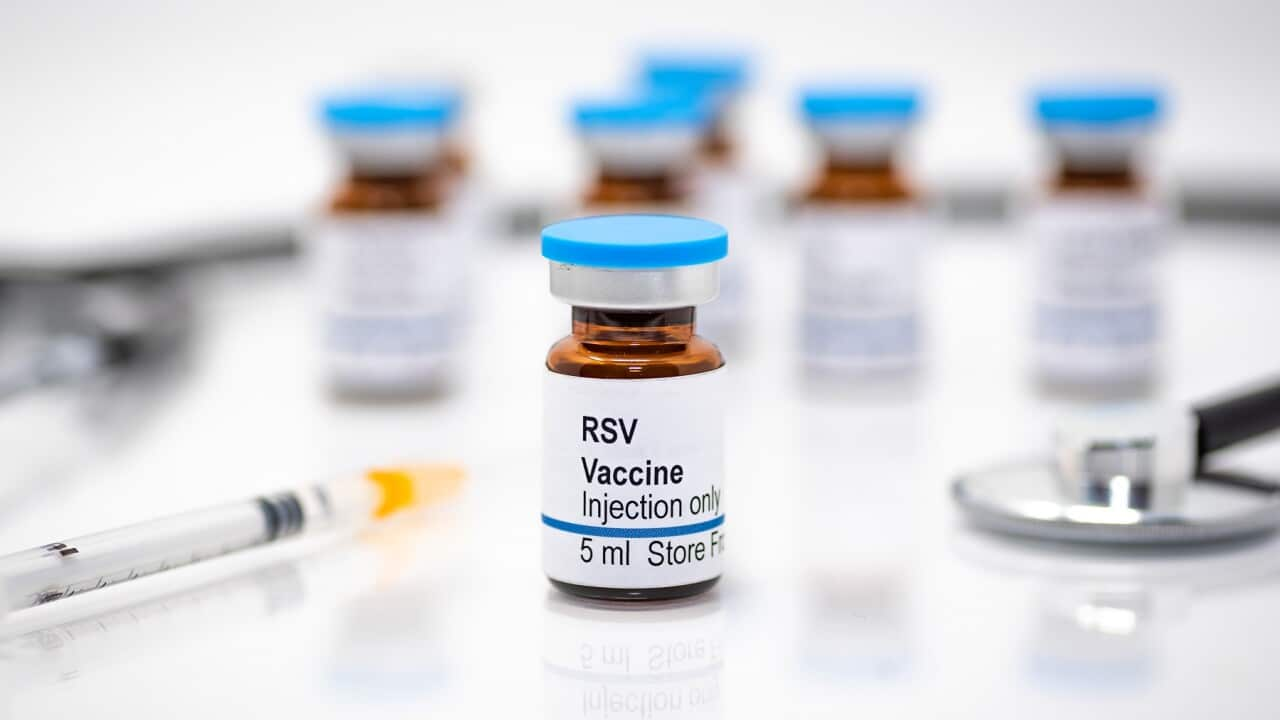TRANSCRIPT
Anti-microbials are a broad spectrum of medications that fight bacteria, fungi, parasites, and some viruses.
And their use is again increasing in Australia.
A new report by the Australian Commission on Safety and Quality in Health Care says antimicrobial use in the community fell in 2020.
It was part of a 25 per cent fall during the COVID-19 pandemic, as there was nothing to fight the then-new coronavirus.
That's part of an overall decrease since 2019.
But last year, antimicrobial use rose again - by ten per cent.
The nation's three most-populous states - New South Wales, Victoria, and Queensland - posted the highest rates of use.
Professor John Turnidge is the Senior Medical Advisor for the Australian Commission on Safety and Quality in Health Care.
He says, in a way, we have become too reliant on antibiotics.
"Over the 50 years or 60 years since we have first had penicillin listed as a miracle drug, we got the idea that antibiotics would treat all sorts of infections. And, unfortunately we got into this vicious cycle where patients expected an antibiotic."]]
Doctors warn the overuse of antibiotics can cause antimicrobial resistance.
When someone takes an antibiotic, which is a type of antimicrobial substance, it kills about 99.99 per cent of the bacteria.
But a tiny percentage of the bacteria have a natural defence.
They survive, reproduce, and share their resistant genes.
Professor Steve Robson is he President of the Australian Medical Association.
He says, as the process repeats, what emerges are the so-called 'superbugs'.
"Superbugs are lethal. They take lives of patients in Australia and around the world. We are lucky at the moment that we have a few powerful antibiotics that can help us. But if we lose the power of those antibiotics, we are in huge trouble. And people with infections may be untreatable."
Professor Robson says superbugs are not only lethal, but fast-acting, too.
"We know that patients can become ill very, very quickly with these multi-resistant bacteria. Sometimes, before it's even diagnosed, we can have patient death. It's happening in hospitals around the country, and it's a serious problem."
In part, Australia's universal medical care contributes to its rank among the leaders in the developed world for antimicrobial use.
But in 2021, almost a quarter of antibiotics prescriptions in hospitals were deemed inappropriate.
And there's also concern about overuse in aged care homes and in farming.
Professor Robson says supply of antibiotics is not unlimited, no matter how much people have become reliant on them.
"At the moment, we have a small number of antibiotics that are still very powerful. But there are not many more in the pipeline. We need to make sure that we protect and safeguard the effectiveness of those antibiotics we have. Because, if they're gone, potentially, we might have no treatment, and we'll be back to the situation as it was before the Second World War."
Doctors are urging people not to push for use of antibiotics if they are not really needed.
Instead, they say we should work on our own hygiene and immunity first.













